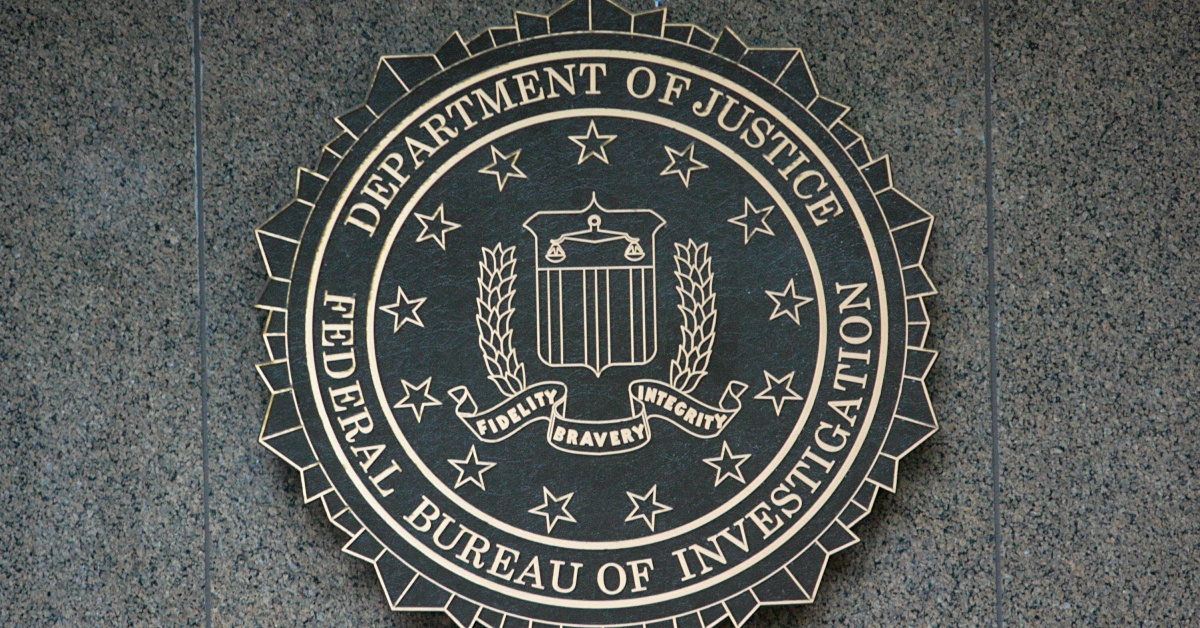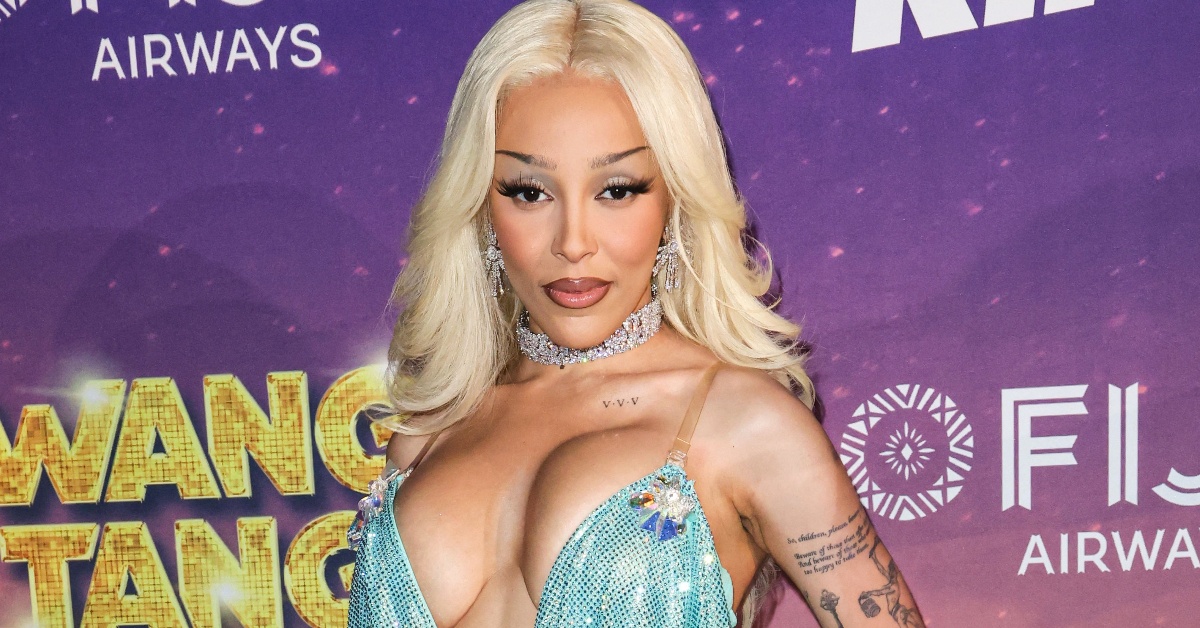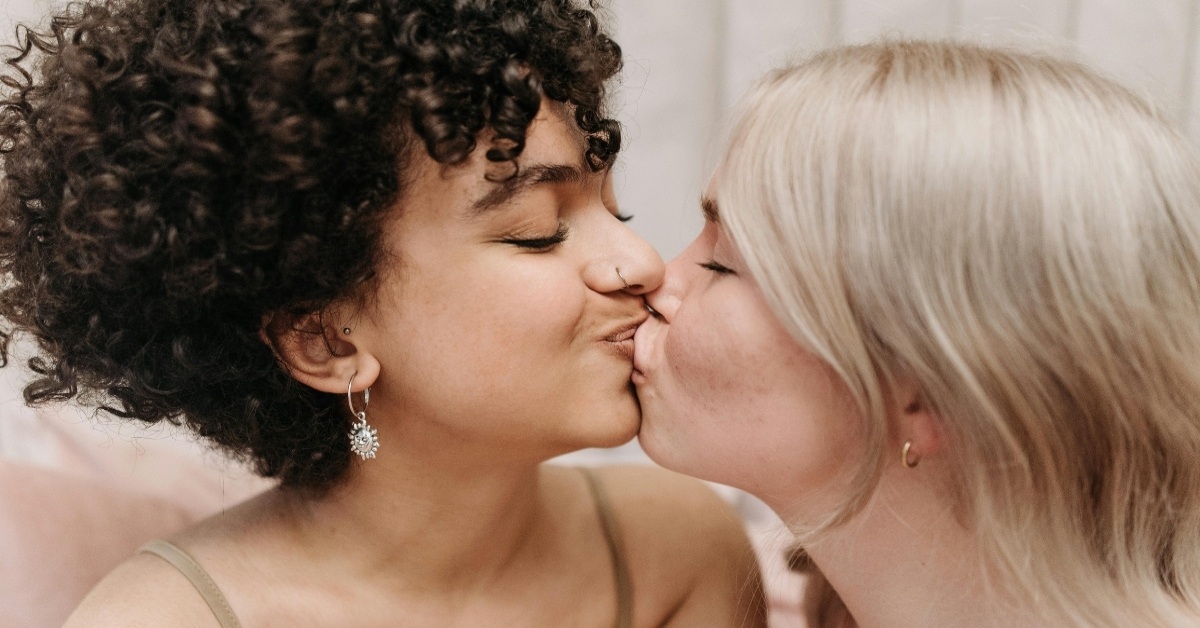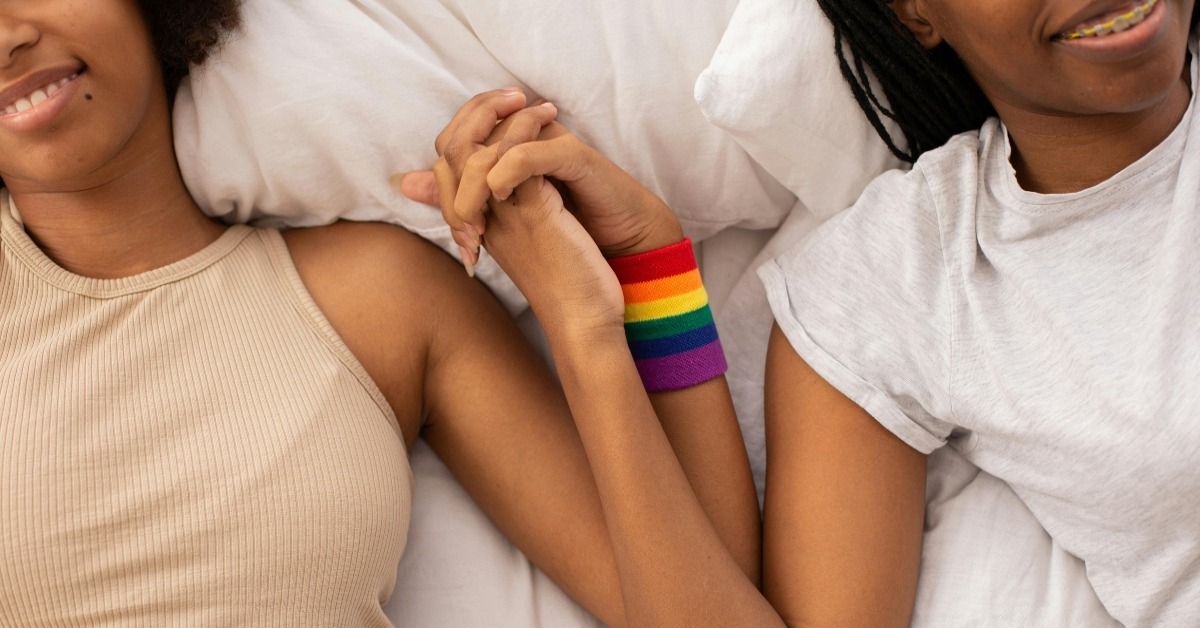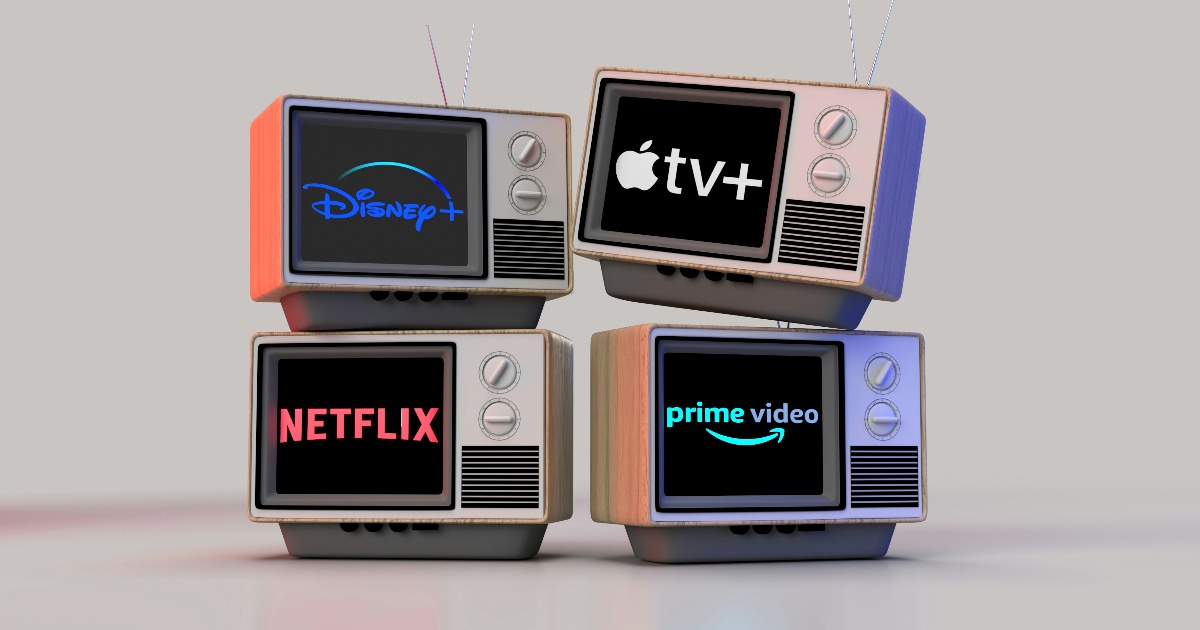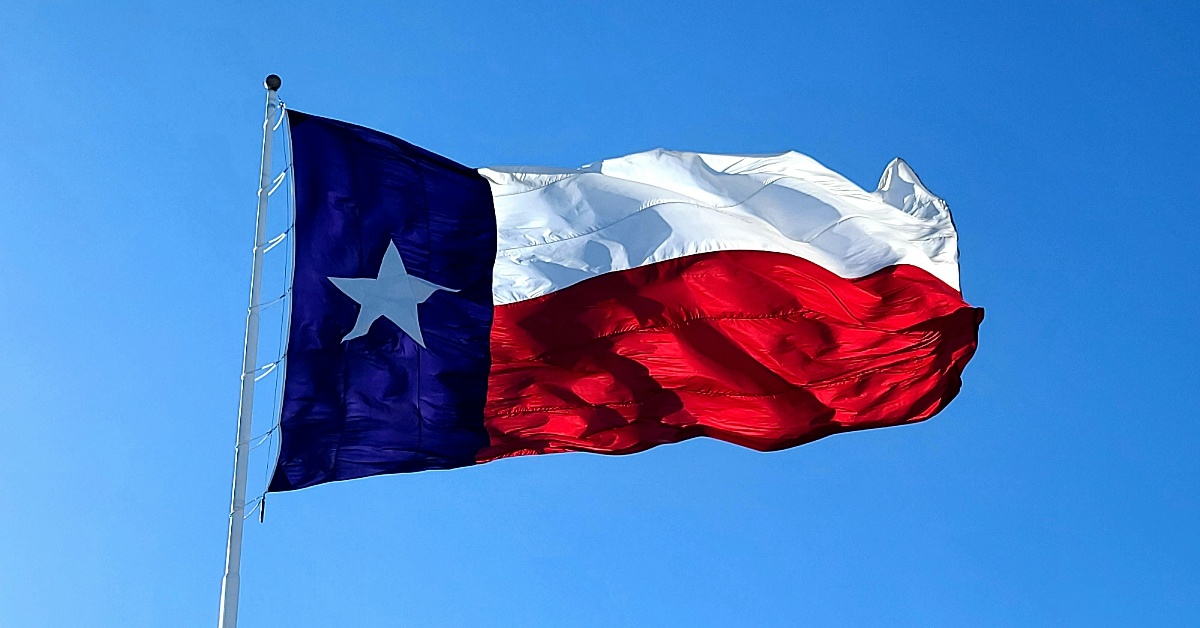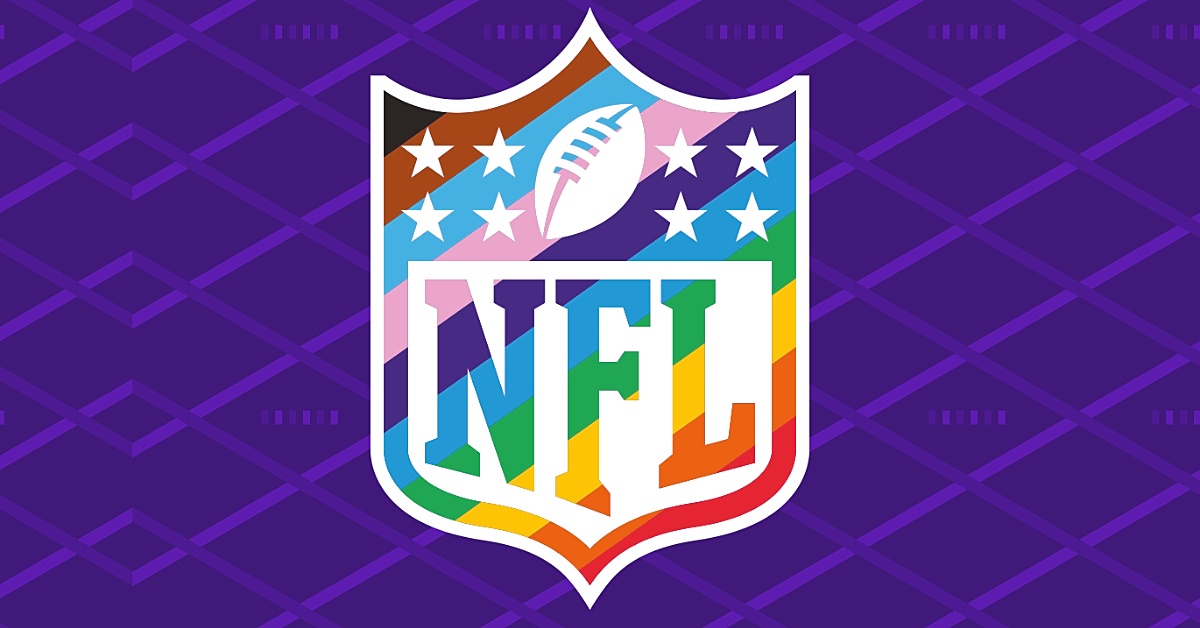BY: DM
Published 5 months ago

Before 2025, Eurovision was a place where LGBTQIA+ identities were celebrated. However, the international singing competition has since announced that it will be banning performers from displaying Pride flags during the annual event.
Eurovision’s queer legacy kicked off in 1961 when Luxembourg snatched a win with “Nous les amoureux” (We the Lovers). Jean-Claude Pascal, who was gay, delivered a love song that subtly addressed a homosexual relationship. He later confirmed the lyrics referenced a same-sex romance, turning the track into an early anthem of queer resilience.
The contest has also introduced the world to numerous LGBTQIA+ icons. In 1998, Dana International, a transgender singer from Israel, won the contest. In 2014, Conchita Wurst, Thomas Neuwirth’s bearded drag persona, won.
However, Eurovision has since altered its support for the community. Their decision to ban Pride flags has prompted backlash from LGBTQIA+ folks, who are sounding off on social media.
The Eurovision Song Contest is saying “goodbye” to Pride flags.
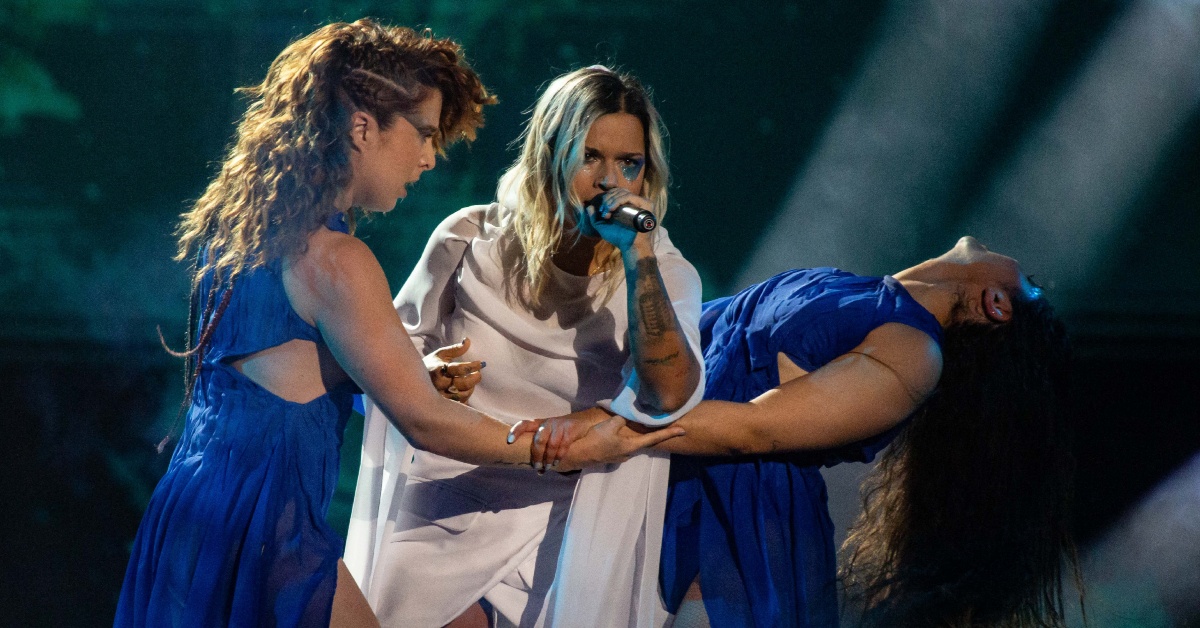
The Eurovision Song Contest has officially banned performers from displaying Pride flags on stage, and attendees are livid. The European Broadcasting Union (EBU) and Swiss host broadcaster SRG SSR have updated the flag policy to permit only the national flags of the participating countries to be in official spaces. This includes the main stage, green room, and opening ceremonies. The EBU further explained that there would be consequences for performers who violate this policy.
“Although there are sanctions for breaches of the competition rules, we expect all delegations to approach the flag policy in good faith and understand that it is designed to create clarity and balance when it comes to expressing national and other identities,” the EBU told Danish broadcaster, Dr.DK.
While performers face restrictions, audience members can bring flags, including Pride and Palestinian flags, provided they comply with Swiss law. This discrepancy has led to accusations of double standards and has sparked backlash from LGBTQIA+ organizations and fans.
Advocates and Eurovision fans are pushing back against the ban.

The EBU claims the policy aims to “strike a balance” between allowing personal expression and maintaining clarity for audiences and delegations. However, critics argue that this move silences queer visibility in a contest long celebrated as a beacon for LGBTQIA+ representation. Last year’s winner, Swiss nonbinary artist Nemo, revealed they had to “smuggle” a nonbinary flag onto the stage after being told it was prohibited.
“I had to smuggle [it] in because Eurovision said no, but I did it anyway, so I hope some people did that too,” they said via Dazed Digital. “But I mean, come on, this is clearly a double standard.”
Fans of the contest are just as outraged. “Boycotted it last year and will again this year. Previously, I had watched it every year since I was a child,” one person tweeted. While another wrote, “The first openly gay Eurovision winner was in 1958. The second was in 1961. The first trans entry was in 1985. Two trans winners, 1998 and 2014. The door never needed opening.”
Do you think banning Pride flags at Eurovision goes against its queer legacy? Comment below!
